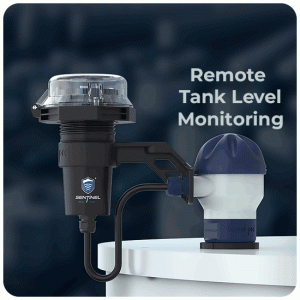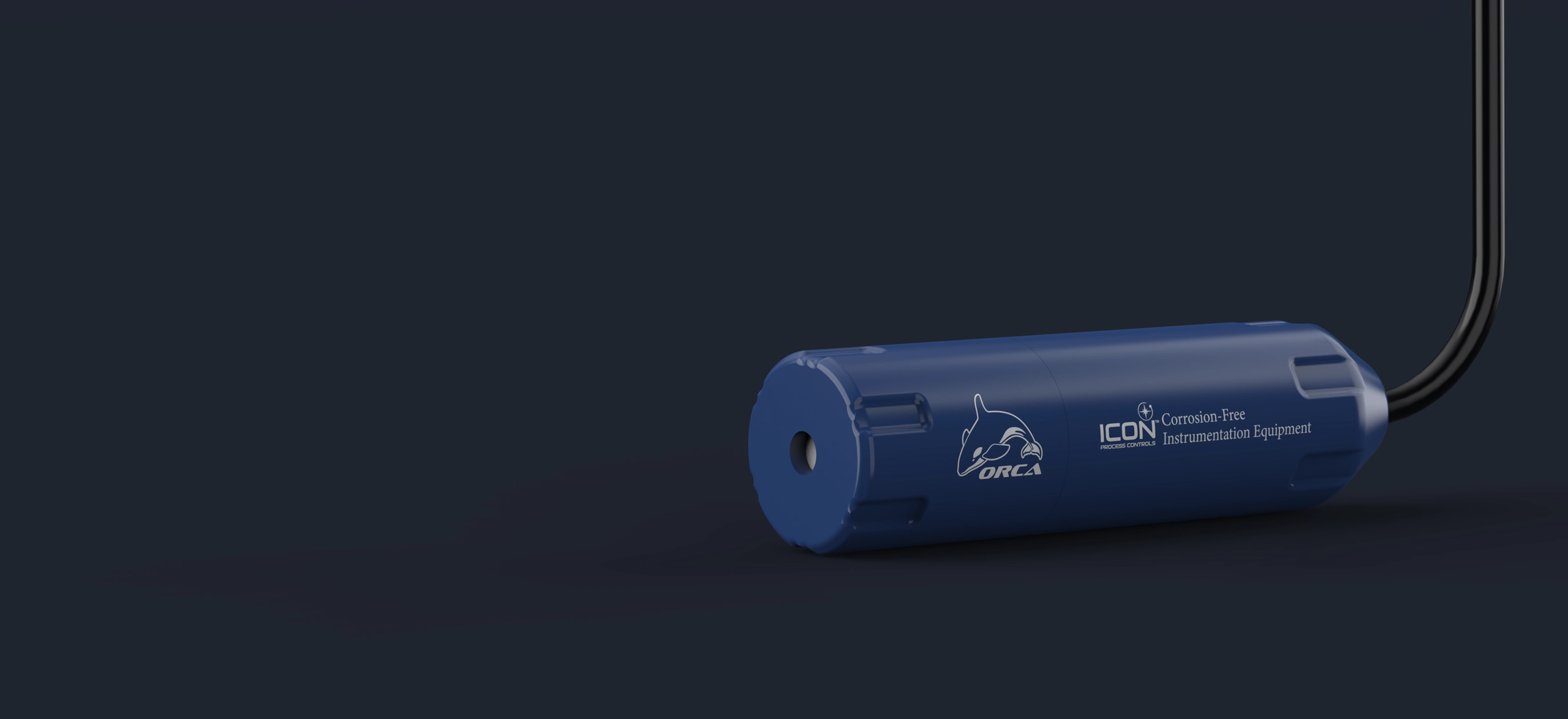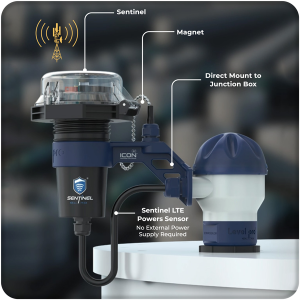What You Need To Know About Liquid Level Sensors

There are a number of important factors to consider when choosing a liquid level sensor for use in chemical tanks.
First, typical level sensors can be damaged or degraded by the very corrosive or abrasive compounds that are commonly stored in chemical tanks. On the other hand, submersible level sensors are well-suited for use in chemical storage tanks due to their resilience in the face of extreme conditions. Materials like stainless steel and titanium are frequently utilised because of their durability and resistance to corrosion and erosion from chemical substances.
Secondly, there are typically specialised measurement needs for chemical tanks, such as high precision or the ability to measure materials with a high viscosity or low dielectric constant. When measuring the level of a liquid or solid in a tank, submersible level sensors can provide highly accurate readings, even when the medium being measured is highly viscous or has a low dielectric constant. One reason for this is that a submerged sensor provides a more accurate reading than an above-liquid one.
Third, various types of level sensors may not work properly in chemical tanks because of the high pressure and temperature conditions under which they often function. Chemical storage tanks can benefit from the use of submersible level sensors because they function normally even when submerged.
Fourth, it can be time-consuming and expensive to clean and maintain chemical storage tanks. Simply dropping a submersible level sensor into the tank and leaving it there makes for a simple installation and removal process. And because they’re typically sealed, dust and other contaminants have a hard time getting in.
Last but not least, there are unique safety concerns when it comes to chemical tanks, such as the necessity to monitor for leaks and overfilling. To safeguard human health and the environment, submersible level sensors provide precise level readings that can be used to detect overfills or leaks.
In conclusion, the safe and effective operation of chemical tanks relies heavily on the selection of the appropriate liquid level sensor for the intended application. Submersible level sensors are the most suitable for these uses since they are resilient, accurate, able to function under high pressure and temperature settings, and simple to set up and maintain. Leak detection is an especially important safety element for chemical tanks, and they can supply it.


